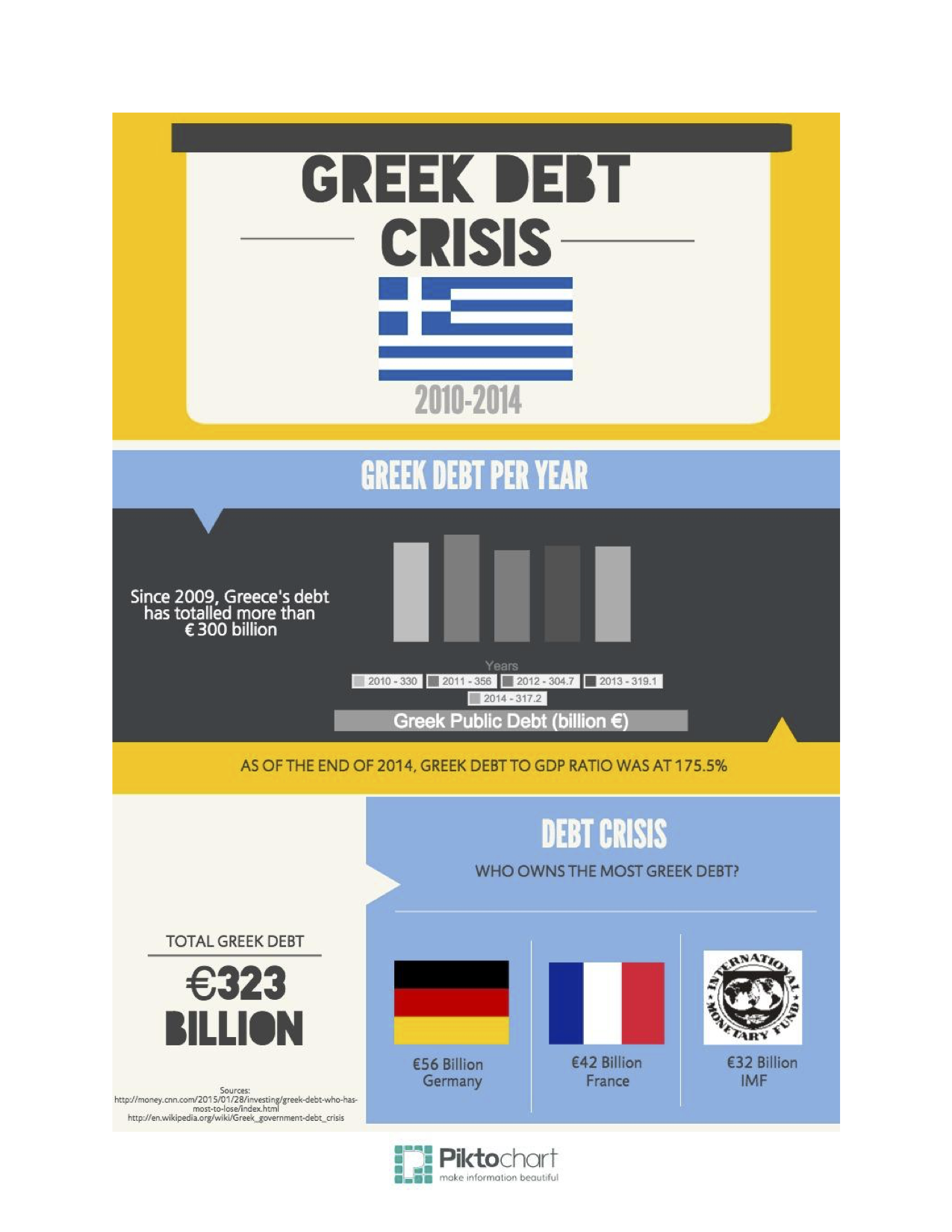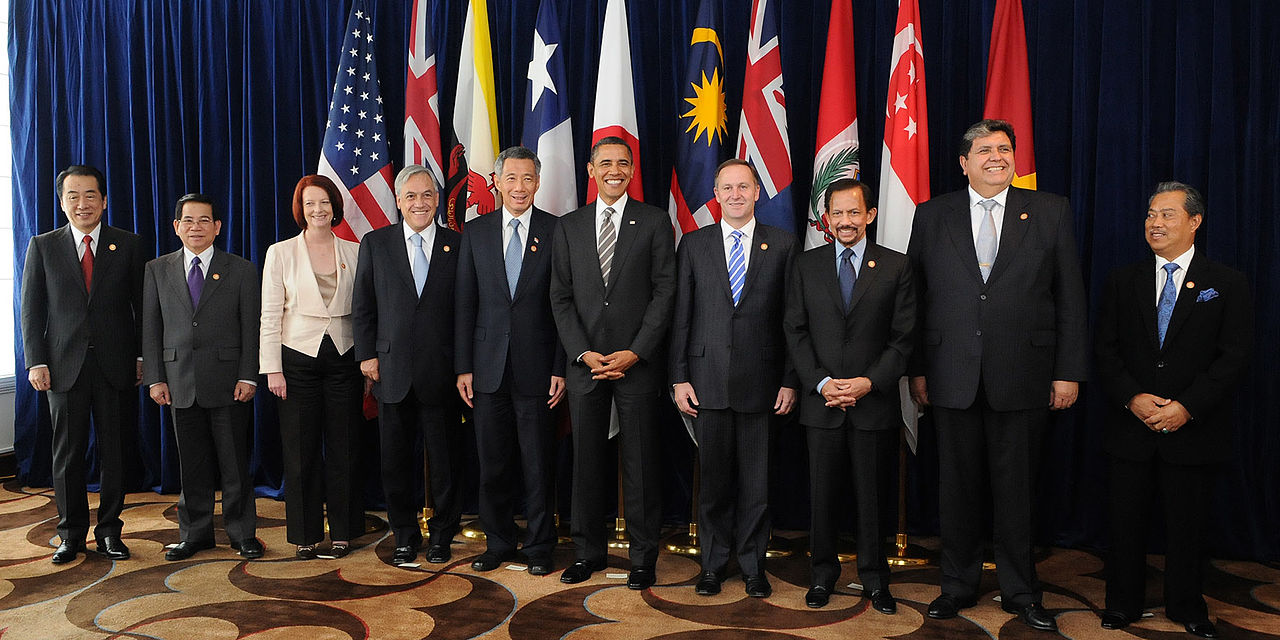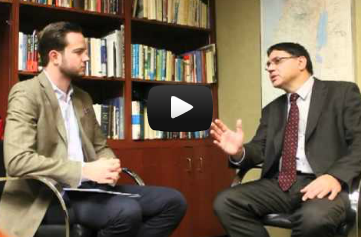Last weekend’s Greek federal election has ushered in a new path for Greece, and a high level of uncertainty for the Eurozone. In a state of austerity since 2010, the Greeks have voted for change, ushering in PM Alexis Tsipras and his leftist Syriza Party. Tired of austerity measures, Greeks voted the Syriza party into power with 36% of the vote and 149 seats in parliament, giving the party majority rule. Among far reaching actions, Tsipras had promised Greek voters 4 pillars, part of a national reconstruction plan. One of these pillars calls for the end of austerity measures, forgiveness of a large portion of Greece’s debt, and whatever repayment of the remaining debt to be pegged to economic growth, rather than the faltering Greek budget.
This measure has not pleased Greece’s creditors, in particular Germany, which remains one of the largest creditors to the struggling Greek state. It was the party of German Chancellor Angela Merkel which advocated for austerity measures for Greece. They argued that austerity measures were crucial for economic recovery, and the measures were attached to Greece’s bailouts in 2010 and 2011. Some economists have argued that austerity measures, or massive cuts to a country’s budget, only decrease a nation’s GDP and expands their GDP to Debt ratio. This would only serve to continue Greece’s current debt crisis, rather than ending its current cycle of austerity which has been much maligned by its populace. If compromises can be made between Greece’s new party and its creditors, it will result in slower economic growth and the shrinking of its debt. If a compromise cannot be reached, Greece will default on its loans and may face being taken out of the Eurozone.





